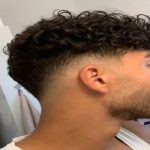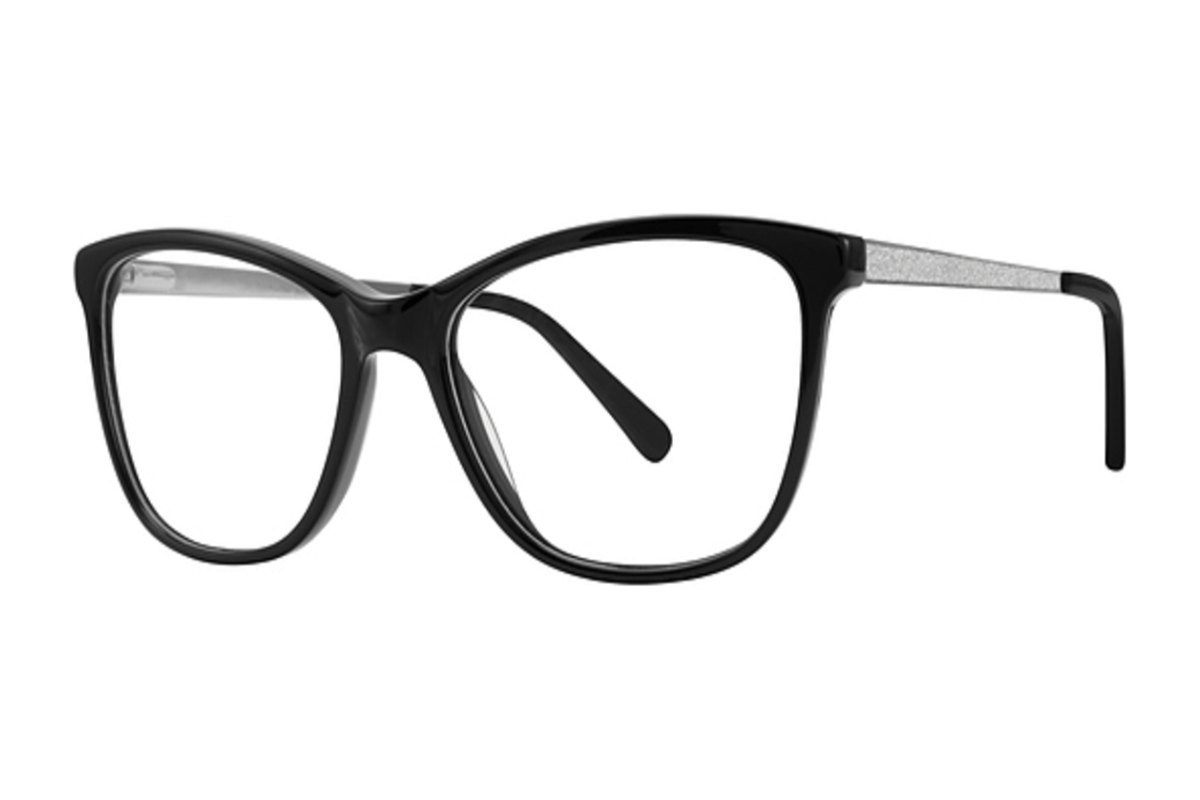Corrective eyewear helps people with vision problems see better. Over 150 million people in the United States use corrective eyewear to compensate for refractive errors. However, many people who need corrective eyewear are unaware. They live with less than optimal vision, making it difficult to perform simple tasks like reading texts, driving, watching TV, or catching a ball.
Poor vision does not only make simple things challenging; it can also compromise one’s safety. People with compromised vision may not see well enough to quickly avoid potentially harmful situations like an oncoming vehicle or a flying projectile.
Fortunately, corrective eyewear improves vision, makes you more efficient, and keeps you safe. If you are unsure whether you need corrective eyewear, seeing an eye doctor is probably your best course of action.
However, we have put up 5 top signs that indicate that you most likely need corrective eyewear:
Table of Contents
You Have Trouble Seeing Close or Far Objects
If you are having trouble seeing close objects or reading text on books or on a digital screen, you may have a refractive error. Difficulty reading or seeing close objects might point to farsightedness (hyperopia) or presbyopia — age-related difficulty in reading due to the eye’s loss of near focusing ability.
Conversely, if you can see near objects but struggle to see far away, you may have nearsightedness (myopia), the most common refractive error affecting people under 40.
You Have Blurred Vision
Experiencing blurred vision is a sure sign you need corrective eyewear or some medical intervention. Blurred vision can cause trouble reading or recognizing faces. You may also experience double vision due to myopia, hyperopia, astigmatism, or cataracts.
You Have Poor Night Vision
If you struggle to see at night more than usual, you may need to see your doctor for an eyewear prescription. Poor night vision could be due to myopia, cataracts, or a completely different eye issue.
You may also experience glares and halos around vehicle headlights and neon signs at night, and this is a typical symptom of astigmatism.
You Have Frequent Headaches
Headaches do not necessarily point to a vision problem. However, you may need corrective eyewear if you experience them whenever you try to focus on an image. It is possible to adjust to a vision impairment, and headaches may be the only indicator to tell there’s something wrong with your eyes.
Staring at digital screens for long periods can also cause headaches, meaning you may need corrective eyewear to help you sleep well after a long day’s work.
Eye Strain
Eye Strain occurs when the eyes have trouble focusing due to intense use. It is caused by activities like driving long distances or using a computer for long (digital eye strain). If you are suddenly experiencing eye strain, you may need to be fitted for corrective eyewear.
What to Do If You Need Corrective Eyewear
If you notice any of these signs and think you need corrective eyewear, the first thing you want to do is fix an appointment with an eye care professional.
After a comprehensive check, your ECP will determine the problem with your eyes and decide on a course of action.
How to Choose Corrective Eyewear
If you need corrective eyewear, you may have to decide between using contact lenses or eyeglasses. Contact lenses are thin plastics that rest on the eyes to correct vision.
On the flip side, glasses are usually lenses mounted on a frame that holds them in front of the eyes to correct vision.
If you choose contact lenses, you’ll need to consider factors like contact lens cost, cleaning, and maintenance. For eyeglasses, you may need to factor in your daily activities, peripheral vision, aesthetics, and general comfort.
Pros of Contact Lenses
- Contacts fit the eye’s curvature to provide a wider field of view. Consequently, the wearer experiences fewer distortions and vision obstructions.
- Contact lenses rest directly on the eyes, and they allow you to exercise or play sports without obstructions.
- Contact lenses are not affected by weather and do not fog up in cold temperatures.
- Colored contacts lenses can alter your eye color and make a fashion statement while providing vision correction.
Cons of Contact Lenses
- Contacts require proper cleaning and maintenance to avoid eye deposits and bacteria infections. Daily disposable contact lenses are recommended for people who cannot commit to the demands of contact lens care
- Some contact lenses can reduce the amount of oxygen that gets into the eyes, causing dry or itchy eyes. However, contacts with high oxygen transmissibility can help you avoid this problem.
- Not everyone likes to put something directly on their eyes, and others may struggle to apply or remove the lenses. Practicing the proper technique will resolve this situation in most cases.
Pros of Glasses
- Glasses are more affordable than contact lenses. They do not require frequent replacements, and you can keep your frames even if you need a new prescription.
- Glasses do not worsen eye dryness or sensitivity as they don’t touch the eyes directly.
- Glasses can protect your eyes from dust, debris, and wind.
- Glasses come in fashionable frames that allow you to make a statement about your sense of style.
Cons of Glasses
- Eyeglasses rest on frames about 12mm from the eyes and may not offer reliable peripheral vision.
- Eyeglasses can get fogged up in cold weather, causing blurred vision.
- Glasses may be unappealing for people with strong prescriptions as thick variations can give the eyes an oddly magnified or minified appearance.
Ultimately, the choice to wear contacts or glasses comes down to personal preferences. You also don’t have to stick to one. Thus, you can wear glasses as your preferred vision correction form or wear contacts for specific activities.
There is a third option for individuals who do not want to use contacts or glasses. Surgical procedures like LASEK correct vision errors permanently and eliminate the need for corrective eyewear.
Conclusion
Most vision problems come on subtly, but they usually have signs that tell what they might be. If you are experiencing any of the symptoms discussed, see an eye care professional for a comprehensive eye check immediately.






